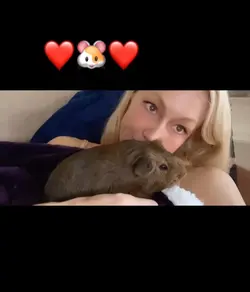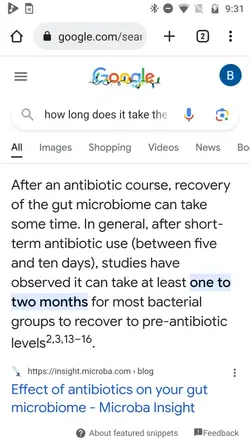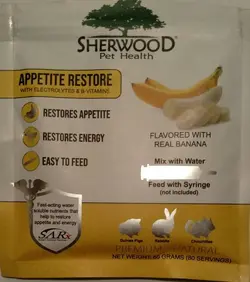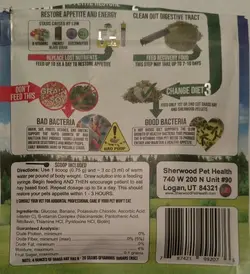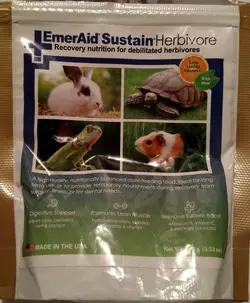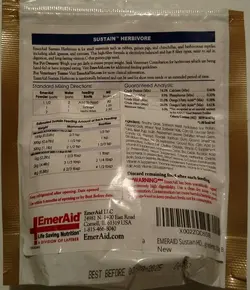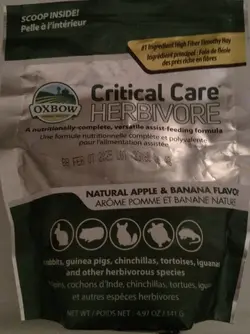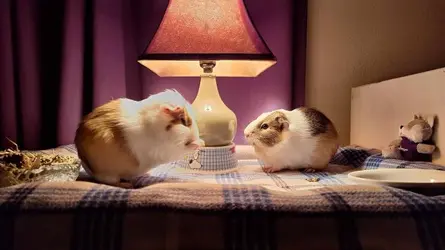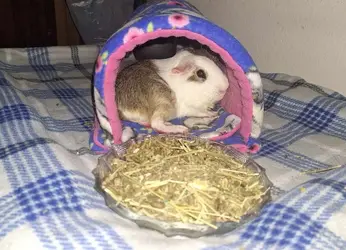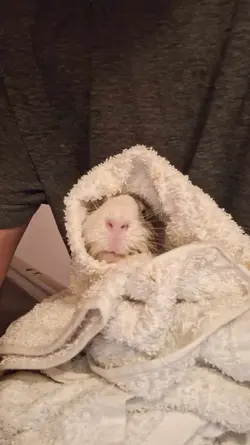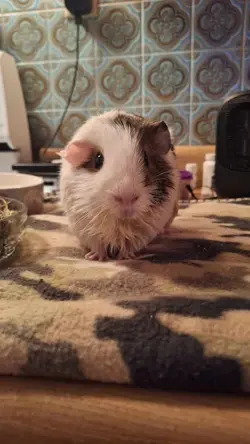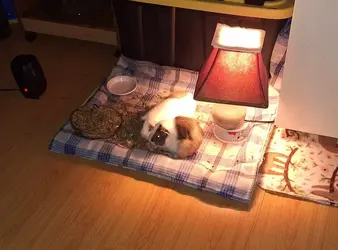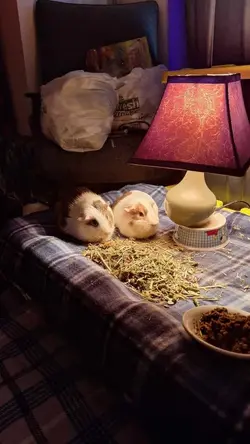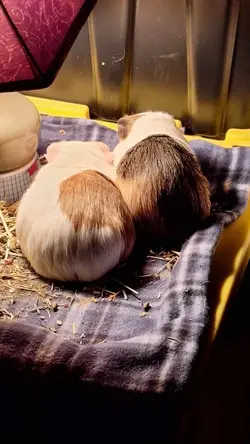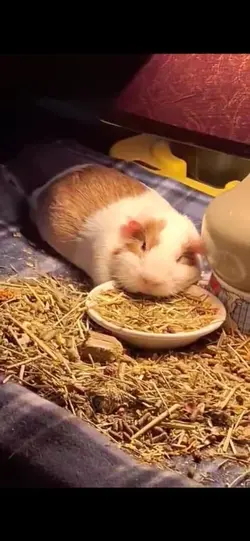Hello, I was just reading your thread and we have two four year old females, one is Pinky Brown and the other is Pinky Pink because of the ears. Our little Pinky Brown isn't a biter but she sure is a contortionist. She had to go to the vet because she stopped eating and was losing weight and we had no idea what happened. Our guinea pigs are indoor free roaming and they have a 4' x 4' fleese blanket with all their tunnels and boxes called the "piggy village" where they live. Sometimes they can be a little bit elusive and by the time we realized she hadn't been eating it was time to go to the vet.
The vet found her back teeth were very overgrown and she had a small sore way up in the back of her mouth on the gum. Normally just to get the molars ground doesn't need antibiotics but in this case with the infected sore she did. We had her on Baytril for a week ( 7 days ) and for the first day or two when she was home she went for the hay but wouldn't eat it. This transferred to the pellets, then their daily diet mix and eventually she wouldn't even drink water. That's when alarms should start blaring.
It was recommended when we bought them that we have two guinea pigs which it's always better because they're pack animals. They're more comfortable if they have a partner and after having five of them because of a pet store mistake I could say for sure this is true. Just think about this if there's only one they have no one to talk with unless you speak guinea pig. There are also advantages to having two because when one is sick I watch when the other guinea pig is eating and I feed this one at the same time. You would be amazed at how often they eat and they really do encourage each other.
As far as the syringe feeding right now I'm using a 5mL syringe to fill 5 - 1mL syringes which makes it much easier to keep track of how much food you're getting into your guinea pig where you can more gently and easily get 0.5 mL of food into them without worrying about overloading it down into their lungs which would be very bad and lead to another infection.
It generally takes me about 1.5 hours to slowly feed her about 5mL so be prepared for a long haul with feeding. There are guidelines on the back of most critical care packets that give feeding instructions and it's generally 1 tablespoon of food for 1.0 lb or 2.2 kg of the animals body weight. THIS IS CRITICAL that you get that amount of food into your pet because they'll just keep losing weight, get weaker and eventually lose so much muscle mass that they can't recover.
Something else to keep in mind is are they drinking water and how much? Just because you see your piggy in the water dish or at the water bottle doesn't mean they're getting enough water. A full grown guinea pig generally needs about 80 to 100 mL of water per day so if you're just giving food that's not water it's just moist food so a lot of times they won't eat because they're SEVERLY dehydrated. I have not read anywhere or has anyone told me yet to be sure they get the correct amount of water per day. Just be aware if they're drinking water and if not you need to get on that ASAP. A little something to think about would be one of THE FIRST things the hospital does when they admit a person. Get them on a saline drip to rehydrate.
Something else I'm giving her is called Appetite Restore made by Sherwood. I'm going to post a picture of the packet but on the back it specifically says what to not feed your guinea pig. You could take that however you will but I cut out all fruits, veg, grains, soy, nuts etc and according to Sherwood it produces bad bacteria and mushy poops and can impede the recovery of the GI tract.
We've also been feeding her two different types of supplementary food, one is made by Oxbow called Critical Care and the other is called Emeraid. She doesn't like either but after feeding she does go to her food dish rummaging around like she's looking for something. That to me says something's working and it's getting her trying to eat.
My conclusion to all this is some of these guinea pigs are very susceptible to antibiotics. Since a course of antibiotics kills good and bad bacteria it could take up to 2 months for it to recover in humans and since I couldn't find anything on guinea pigs I'm going to go with that. Here's a link to the info :
Effect of antibiotics on your gut microbiome | Microba
As far as syringe feeding techniques and the biting maybe try wearing a glove. Your piggy is kind of young and I'm very very gentle, delicate and use a soft voice when interacting with them. Believe me it does make a difference, just treat them like 5 year old little kids that never get any older.
The bottom line is if you love your Piggy you have to do it whether they like it or not because they just don't understand that you're trying to help them. If you don't do it, well you know the alternative.
Good luck and take care



